VIABILIDADE TÉCNICA DO USO DE DADOS VOLUNTÁRIOS PARA DIMENSIONAMENTO DE TÉCNICAS COMPENSATÓRIAS EM DRENAGEM URBANA
Introduction: Citizen Science has emerged as a strategic approach to integrating public participation, knowledge production, and the management of complex challenges, such as urban sustainability. In this context, the present study is grounded on the premise that understanding and organizing the conceptual framework of this field is essential to strengthen its practical and academic applications, particularly within sustainable urban management. Aims: This research aimed to map and organize key concepts related to Citizen Science in the context of urban management and sustainability, identifying definitions, guiding principles, overlaps, and conceptual gaps, with the goal of building a solid and up-to-date terminological framework to guide future studies Materials and methods: A systematic literature review was conducted following the PRISMA 2020 guidelines, using the Scopus and Web of Science databases. Searches were organized into nine predefined sets of terms, returning a total of 28,632 publications (9,646 from Scopus and 18,986 from Web of Science). Records were imported into the Rayyan software, where filters were applied for language (English), document type (Article and Review), and removal of duplicates with ≥85% similarity. After filtering, 22,016 records remained, of which 14,594 were identified as duplicates, 7,266 were removed automatically, 3,465 manually, and 3,863 remain pending resolution. Title, abstract, and full-text screening were not completed at this stage. Results: The qualitative analysis focused on the ten most frequently occurring terms in the searches, revealing strong alignment between quantitative occurrence and emphasis in specialized literature. Concepts such as Citizen Science, Citizen Scientist, and Open Science were consolidated, while others such as Collaborative Modelling and Volunteered Geographic Information emerged as developing areas. Significant conceptual overlaps were identified, along with the centrality of certain authors. Terms such as Crowdsourcing and Global Citizen were excluded for falling outside the core thematic scope. Final considerations: The field presents a stable conceptual core while offering broad opportunities for theoretical innovation and diversification. It is recommended to fully complete the PRISMA protocol, expand the search to other languages and geographic contexts, and deepen the analysis of emerging concepts. The findings provide a robust theoretical foundation to guide the advancement of Citizen Science as a transformative tool for sustainable urban development.
Keywords: Citizen Science; Urban Sustainability; Systematic Review; PRISMA; Urban Management.
Votação encerrada.






